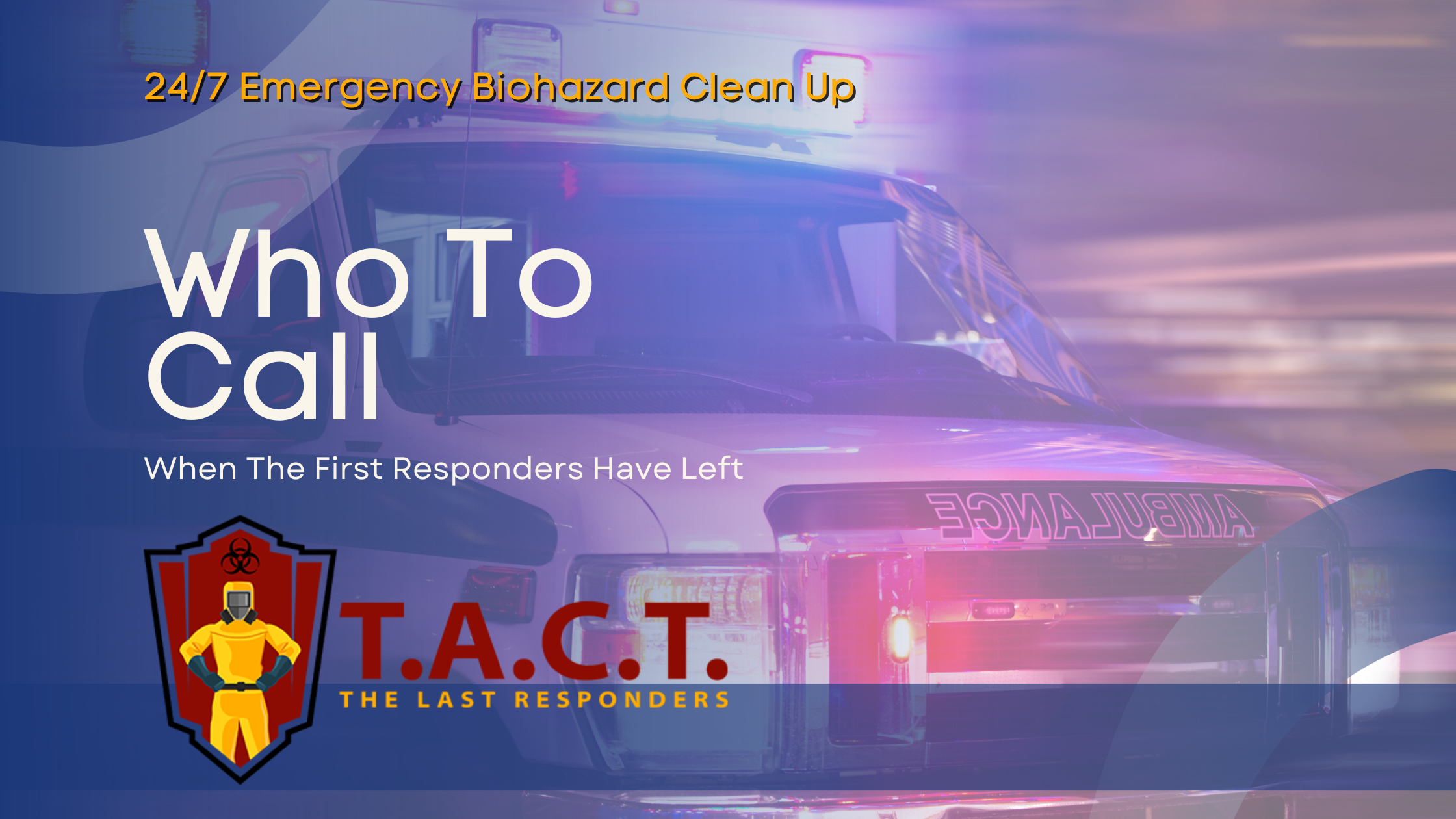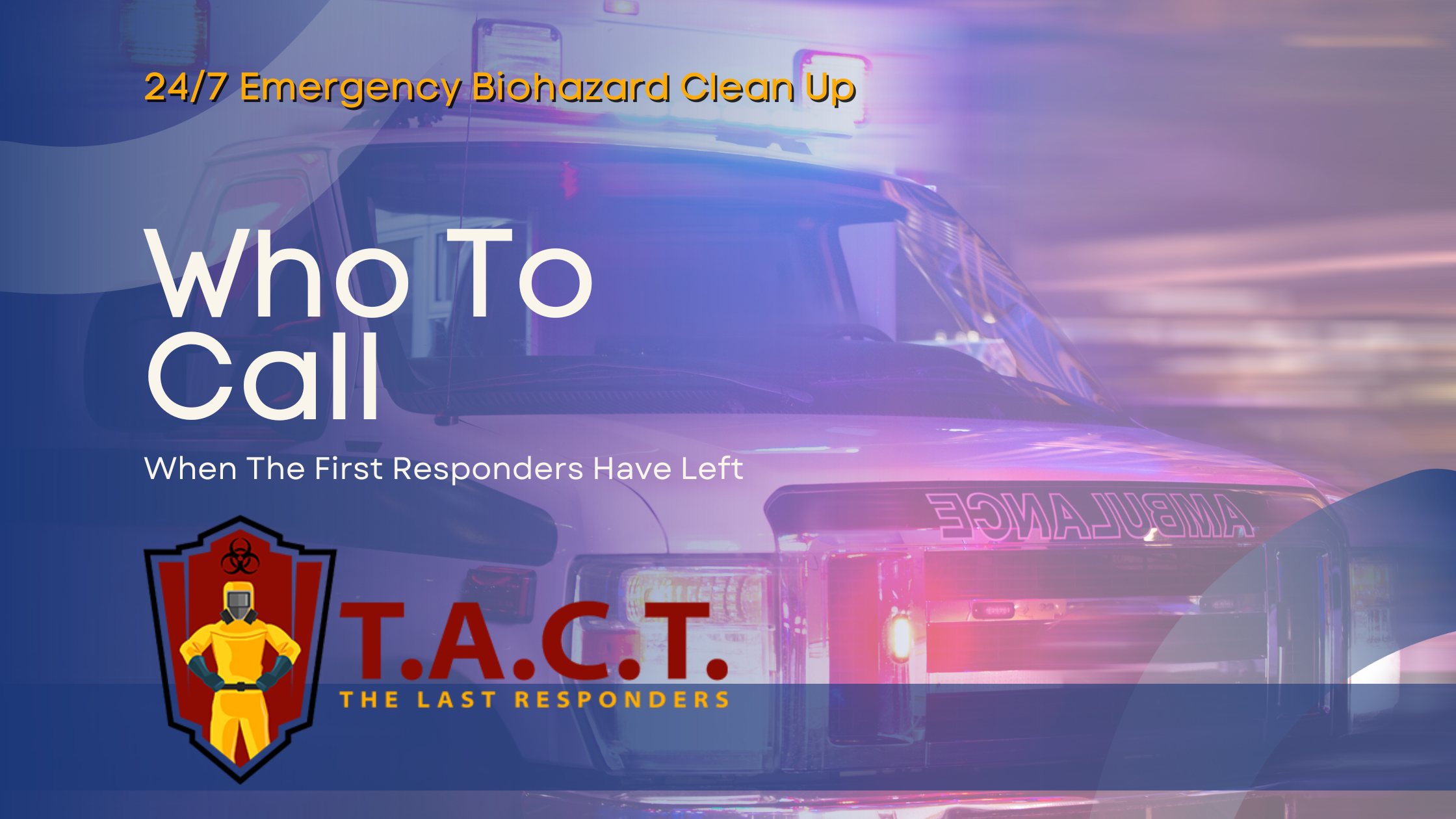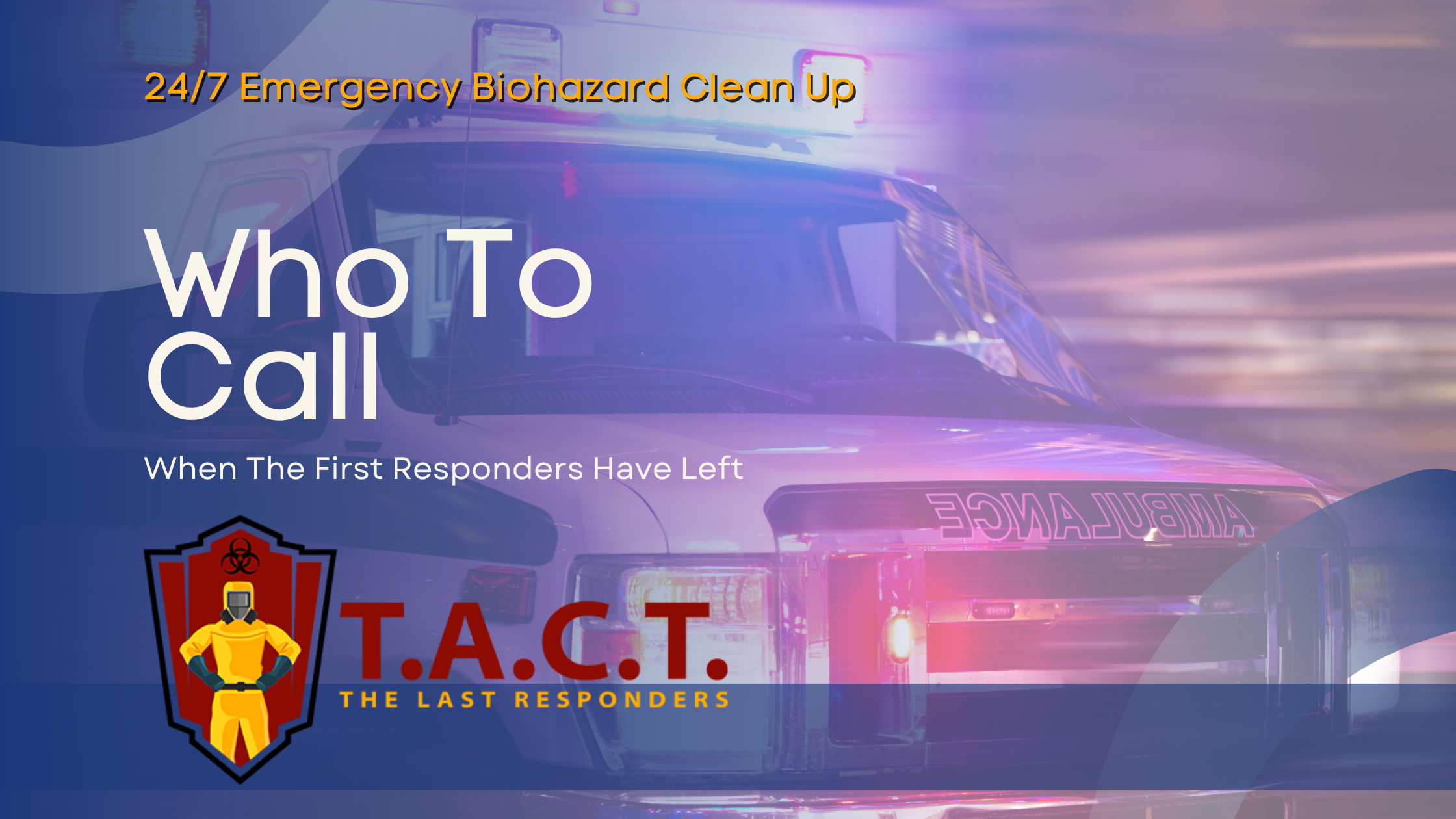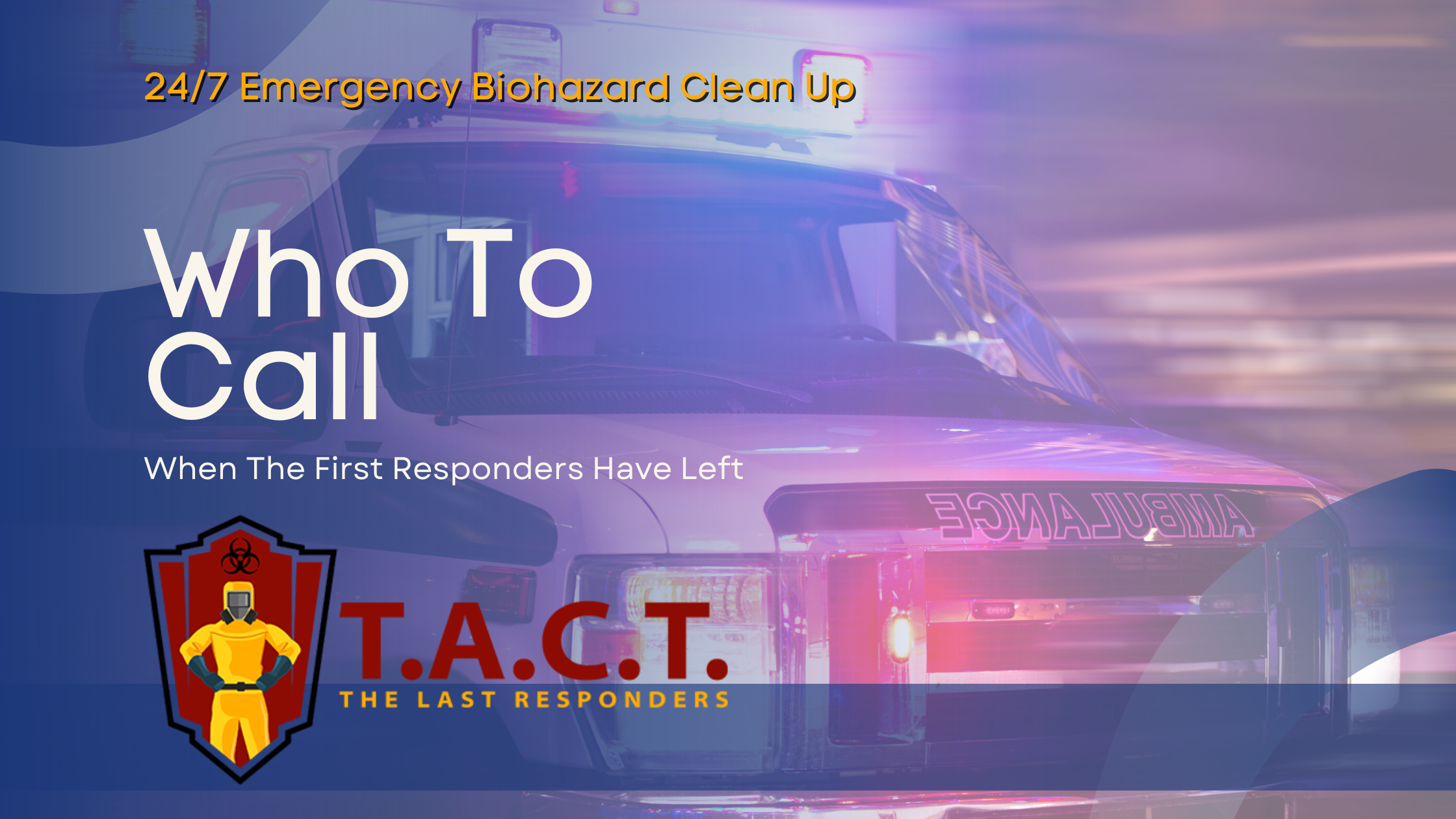Essential government help for hoarding

Essential Government Help for Hoarders: Resources and Support Services
Introduction to Hoarding Disorder
Hoarding disorder is a mental health condition characterized by the accumulation of stuff, creating risk to health, safety, and relationships. Some individuals may hoard animals as well as objects, which can create additional health and safety risks.
Family members and loved ones are often affected by hoarder issues and may need support groups to cope.
Understanding why people hoard is essential to provide proper assistance and resources to those involved.
Hoarding can occur due to various factors, including depression, trauma, environment, divorce, and death.
Individuals with hoarding disorder may feel overwhelmed by their possessions and emotions.
Education and awareness about hoarding disorder can help families better understand the disorder, reduce stigma, and encourage individuals to seek treatment.
Hoarding Cleanup and Recovery
Hoarding cleanup is a complex process that requires professional help and specialized strategies to ensure safety and effectiveness. Professionals may assess the situation before beginning cleanup to determine the best approach. The severity of the hoarding disorder will influence the cleanup approach, as more severe cases may require additional resources and time.
Cleanup services may involve therapists, psychologists, and other professionals to address underlying mental health issues. The goal of hoarding cleanup is to restore a safe and healthy living environment, which can be a long-term process. Sorting and disposing of objects is a key part of the process, and it is important to properly dispose of biohazards and other hazardous materials during the cleanup process. After sorting, disposing of the rest of the items that are not needed or wanted is essential for a thorough cleanup.
Recovery from hoarding disorder requires ongoing support and treatment to maintain progress and prevent relapse.
Financial Assistance and Support
Financial assistance may be available for individuals struggling with hoarding disorder, including government resources, community support, and intervention program options.
Landlords and property managers may need to access resources to address hoarding issues in rental properties.
The cost of hoarding cleanup can be overwhelming, but there are options for financial assistance and support.
Government programs and non-profit organizations may offer grants or loans to help with cleanup and recovery. Detailed information about financial assistance rates is available upon request.
Insurance coverage may vary, but some policies may include provisions for hoarding-related damages. Individuals may also receive referrals to additional support services.
To answer a common question: payment for hoarding cleanup may come from the individual, their family, insurance, or through financial assistance programs, depending on eligibility and available resources.
Emotional Support and Community
Emotional support can assist both individuals struggling with hoarding disorder and their family members and loved ones.
Support groups can provide a safe and understanding community for individuals to share their experiences and receive guidance.
Online resources and forums can also offer a sense of connection and community for those affected by hoarding disorder.
Mental health professionals can provide individualized support and therapy to address underlying issues and help individuals learn to control their hoarding behaviors.
Friends and family members can play a vital role in supporting their loved ones throughout the recovery process, which can improve the lives of those affected.
Overcoming hoarding disorder can lead to a better quality of life.
Legal Rights and Tenant Protections
Understanding your legal rights is crucial if you or a loved one is affected by hoarding disorder, especially when renting a home. Hoarding disorder is recognized as a mental health condition, and tenants facing hoarding issues are protected under the Fair Housing Act (FHA) in the United States. This law ensures that landlords cannot discriminate against tenants with disabilities, including those struggling with hoarding, as long as the tenant is making an effort to address the situation and comply with their lease.
At the same time, landlords have a responsibility to maintain a safe and healthy environment for all tenants. If hoarding behavior creates a risk to health or safety—such as blocked exits, fire hazards, or unsanitary conditions—landlords may need to get involved. This could mean requesting a clean up, sending official notices, or, in rare cases, contacting local authorities for assistance. Eviction is generally considered a last resort, and most situations can be resolved through open communication and a willingness to work together.
Tenants who are unable to manage hoarding on their own can benefit from reaching out to support groups, mental health professionals, or specialized hoarding cleanup services. Many communities offer resources and assistance programs designed to help individuals and families address hoarding issues and maintain a safe living environment. Family members and friends can also play a vital role by offering understanding and helping their loved one access the right support.
If you are a tenant, family member, or friend seeking more information about your rights and available resources, consider contacting your local housing authority or visiting the website of organizations like the National Alliance on Mental Illness (NAMI). By understanding your rights and working with landlords, support groups, and professionals, you can help create a safer, healthier environment and support long-term recovery from hoarding disorder.
Government Resources and Services
Some government resources have been created specifically to address hoarding disorder, offering education, outreach, and support.
The internet can be a valuable resource for finding information and accessing services related to hoarding disorder, and some online resources have been developed in collaboration with experts.
Website resources may include online support groups, educational materials, and referral services.
Government programs may provide assistance with cleanup, recovery, and ongoing support, often focusing on improving the safety and livability of the entire household.
Contact local government agencies to access resources and services tailored to your specific needs.
Overcoming Hoarding with Professional Help
Overcoming hoarding disorder requires professional help and a comprehensive treatment plan. Joining a support group is also important for ongoing recovery.
Therapists and psychologists can help individuals develop strategies to manage their hoarding behavior, and support group meetings are available both online and in person.
Cleanup services can provide a safe and efficient way to restore a healthy living environment. Individuals can log into online support group sessions to connect with others for help. These meetings are held every week to provide consistent support.
Ongoing support and maintenance are crucial to preventing relapse and maintaining progress.
A team approach, including family members, friends, professionals, and participation in a support group, can help individuals overcome hoarding disorder.
Conclusion and Next Steps for Support Groups
Hoarding disorder is a complex issue that requires a comprehensive approach to treatment and recovery.
Support groups can play a vital role in providing emotional support and community for individuals affected by hoarding disorder, and are glad to welcome new members and provide help.
Next steps may include seeking professional help, accessing government resources, and connecting with support groups.
Being able to visit loved ones in person is an important part of the recovery process, offering emotional connection and support.
Education and awareness about hoarding disorder can help reduce stigma and encourage individuals to seek treatment.
By working together, individuals, families, and communities can overcome hoarding disorder and maintain a safe and healthy environment.
Latest news

Professional unattended death cleanup in Atlanta. Expert technicians handle decomposition cleanup safely with specialized equipment. 24/7 emergency response available.
Read More

